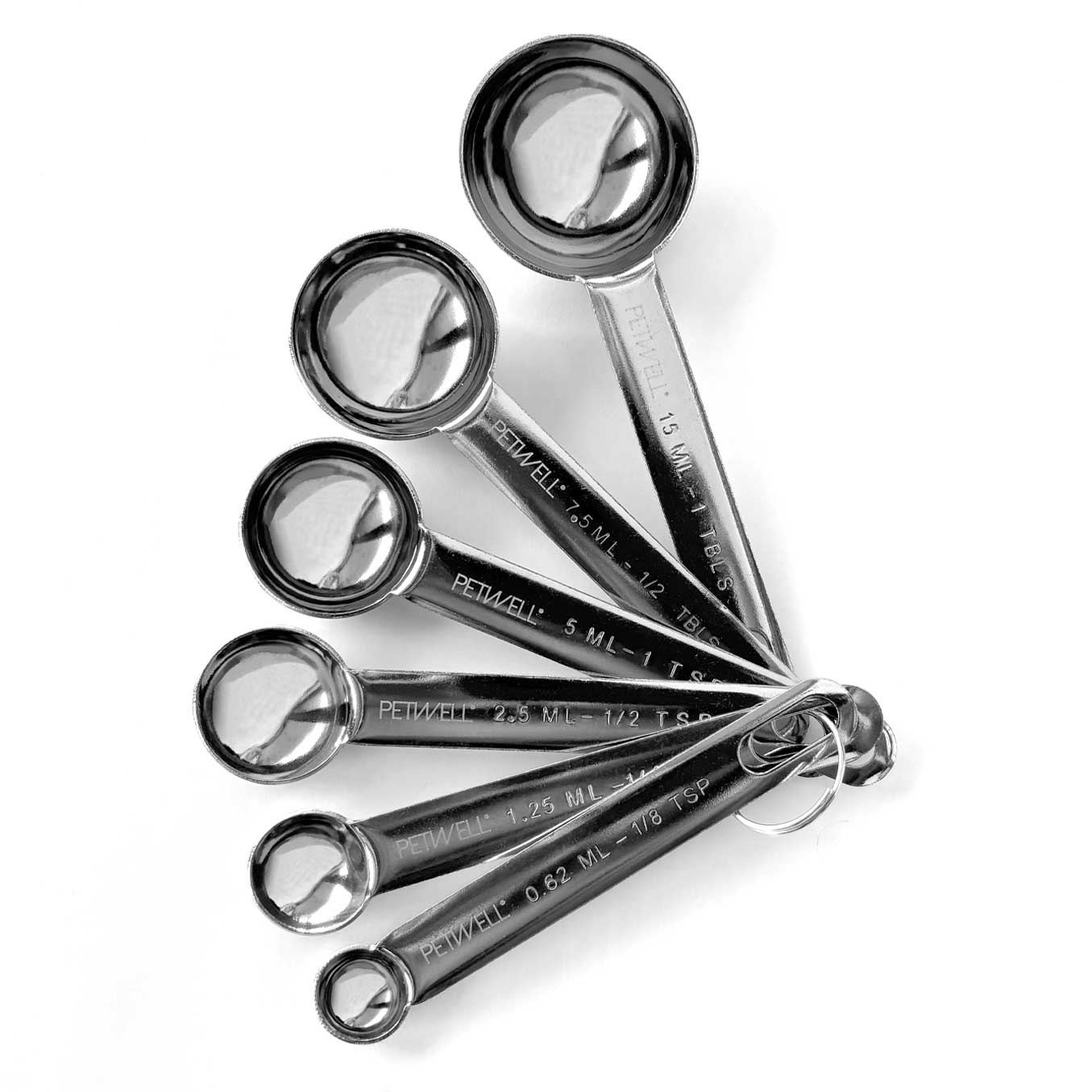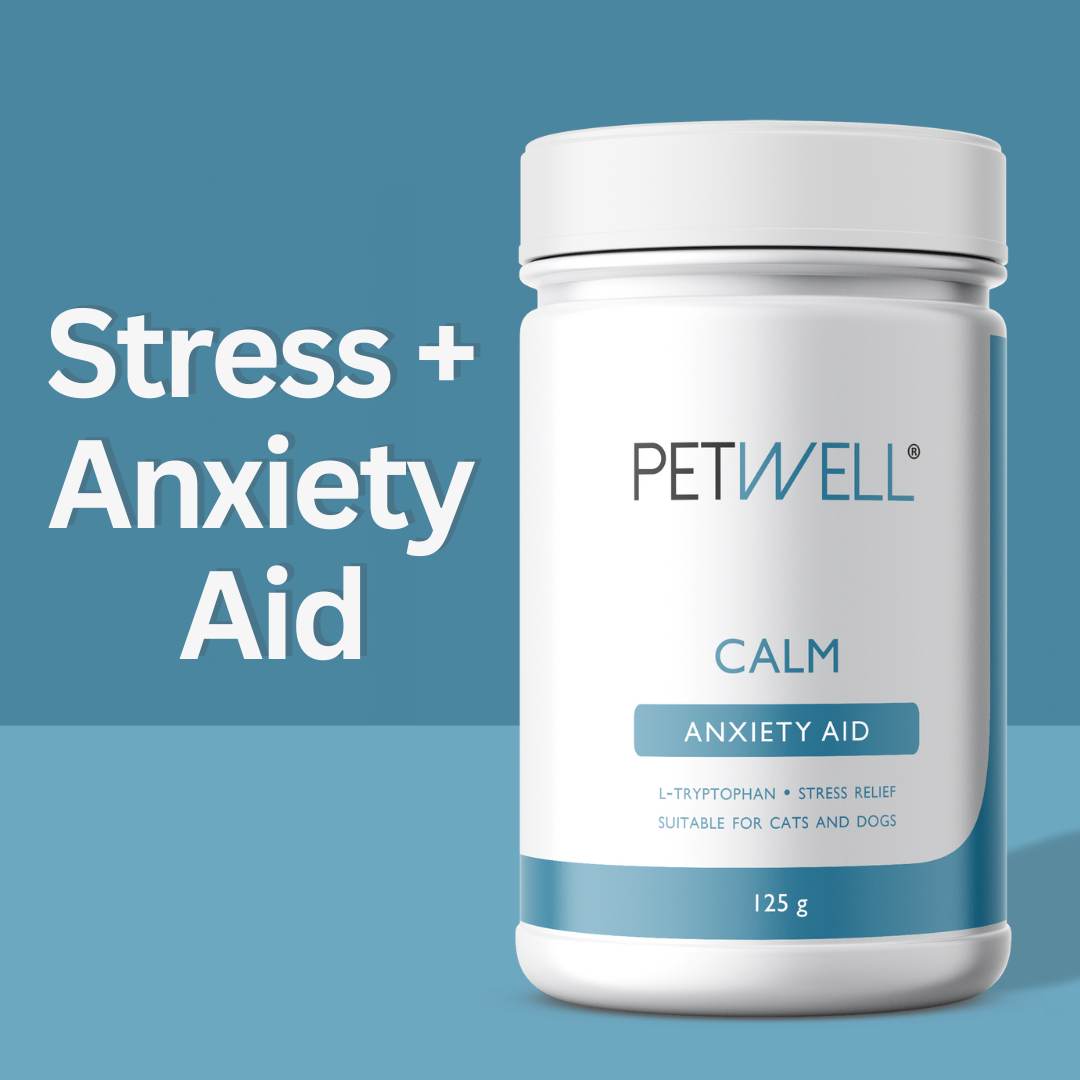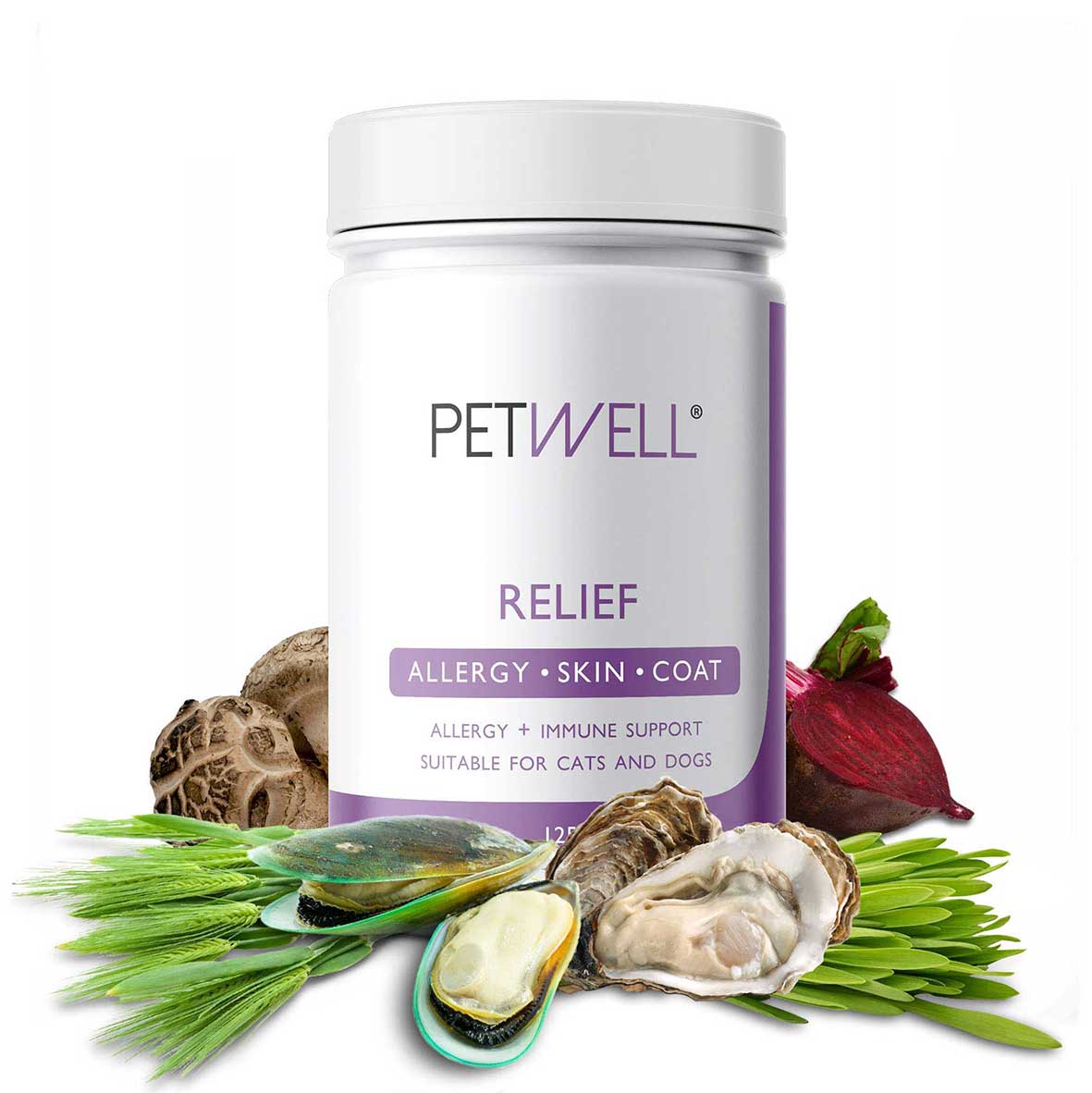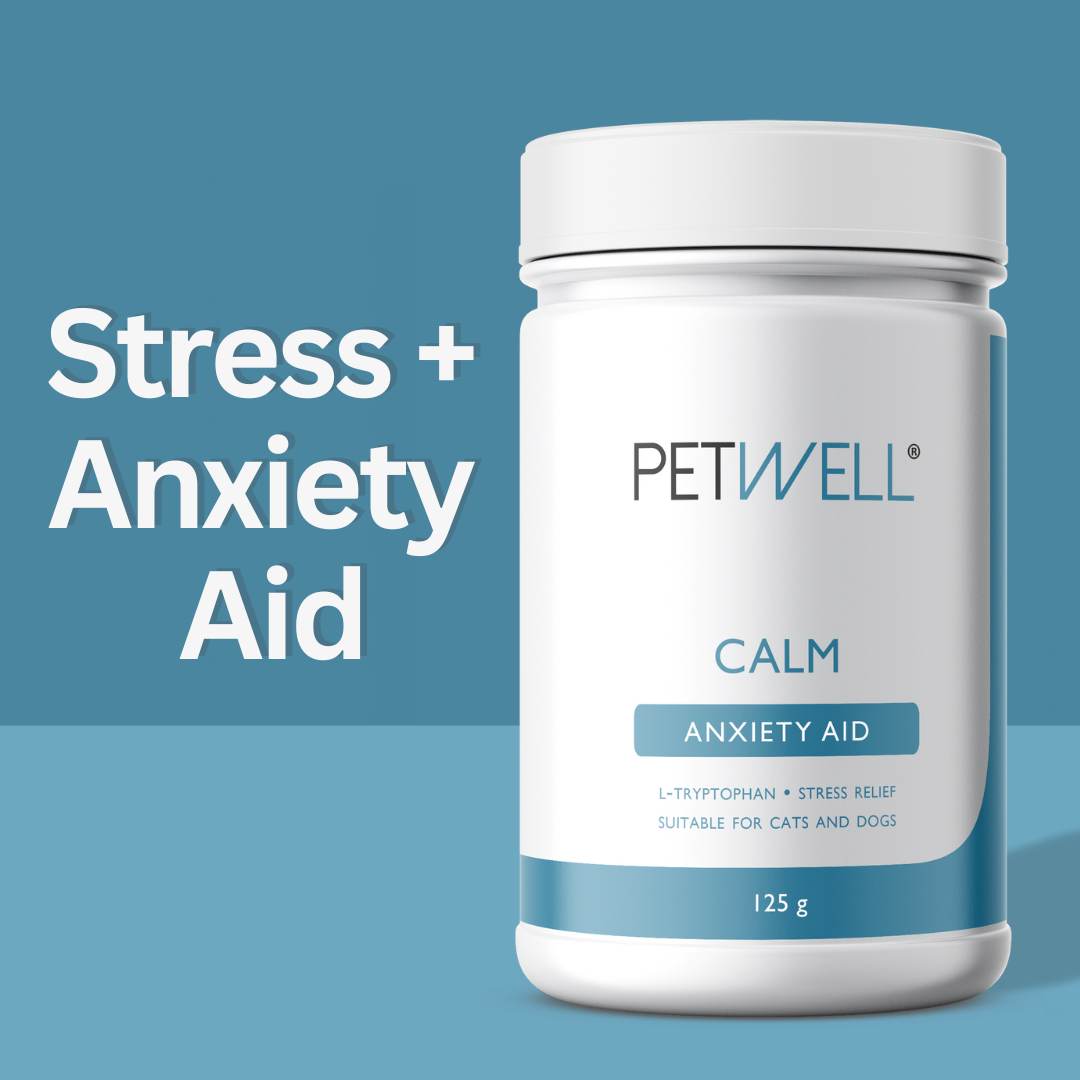Bringing a new puppy into your home is an exciting time for any pet owner. It’s also a commitment that shapes lives – both yours and that of your new pet. The choice of where your puppy comes from is the first, and perhaps most critical, decision you'll make, setting the stage for your future pet's health, temperament, and quality of life.
The breeder you choose is not merely a supplier but a pivotal figure in your pet's early life, responsible for their first chapter in the world. Learning how to pick the right breeder is the first skill you need to learn as a pet owner.
Key Considerations When Choosing a Puppy Breeder
Reputation & Transparency
Track Record: A reputable breeder is known for the quality and health of their puppies. Seek reviews, ask for references, and delve into their history.
Openness: Ethical breeders are transparent about their breeding practices, happy to share the history and health records of the puppy's parents, and willing to show you where and how the puppies are raised.
Health Clearances & Genetic Testing
Health Records: Insist on seeing health clearances and genetic testing documents for both the puppy and its parents, ensuring they're free from hereditary conditions common in the breed.
Veterinary Relationship: A good breeder will have a strong, ongoing relationship with a vet, signifying a commitment to the health and welfare of their dogs.
Living Conditions
Environment: The environment where the puppies are raised speaks volumes. It should be clean, safe, and stimulating, with ample space for play and rest.
Socialisation: Puppies should be well-socialised, exposed to various people, sounds, and experiences, preparing them for a smooth transition into your home.
Visiting Breeders

When you prepare to visit the breeder's property, it’s best to start with learning as much as you possibly can about the breed you’re looking to buy. Understand the hallmark traits, common health concerns, and the particular needs that characterise your chosen breed.
This preparation will not only bolster your confidence but will also enable you to engage in meaningful dialogue with the breeder, making your visit both educational and insightful.
When you talk with the breeder, try to unravel their breeding philosophy. Ask questions like:
- What inspires their dedication to this particular breed?
- How do they decide when and how often to breed?
- What future do they envision for the dogs once their breeding days conclude?
These questions can reveal the breeder's commitment to the breed's longevity and quality of life.
Inquire about the day-to-day lives of the puppies. What is the diet that nourishes them, and what health routines fortify their development? How does the breeder respond to the inevitable challenges, such as health issues that may emerge even in the best-kept puppies? The answers to these questions will paint a vivid picture of the level of care the puppies receive.
This is also your chance to observe the interactions between the puppies and the breeder. Are the puppies hesitant or do they exude confidence? Do they approach with curiosity or retreat in fear? Puppies that have had the proper socialisation and nutrition will be happy and excited to interact with humans.
If you can, meet the puppy's parents. The temperament, behaviour, and health of the parents often offer a glimpse into the potential future of their offspring.
Remember, this visit is not just an assessment; it's the beginning of your relationship with a breeder. Approach this visit not just as a prospective pet owner, but as someone who is stepping into a partnership, a joint commitment to the well-being and future of the puppy.
Ethical Considerations
In a world where profit too often overshadows welfare, choosing a responsible breeder becomes a moral stance. Ethical breeders prioritise the well-being of their animals over making a sale. They invest in health testing, provide enriched environments, and ensure their breeding practices contribute positively to the breed's future.
Supporting ethical breeders is not just a personal choice but a stand against the inhumane conditions of puppy mills and irresponsible breeding.
By choosing ethically, you advocate for animal welfare, promoting a culture where every puppy is valued, cared for, and brought into the world with dignity.
Conclusion
Choosing the right puppy breeder is a decision that extends beyond the immediate joy of welcoming a new pet. It's a choice that reverberates through the life of your furry companion, echoing in their health, behaviour, and happiness. Remember that you're not just selecting a puppy; you're choosing to embody the principles of love, care, and respect that define the best of pet owners.






















